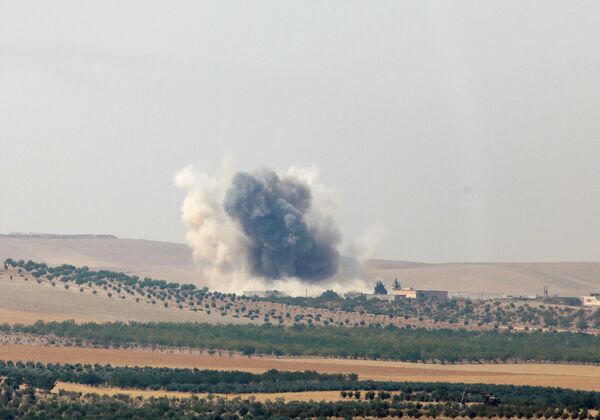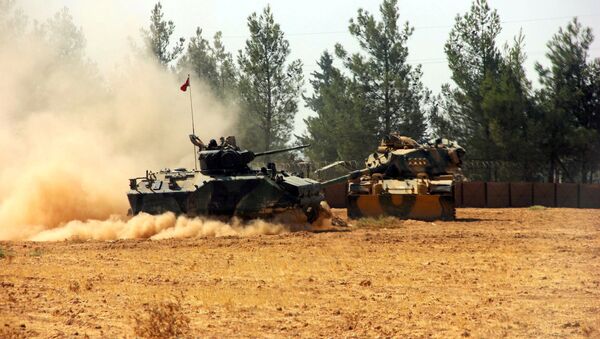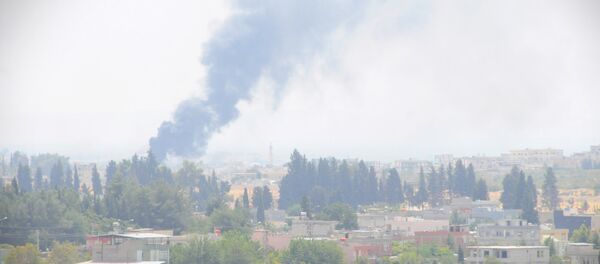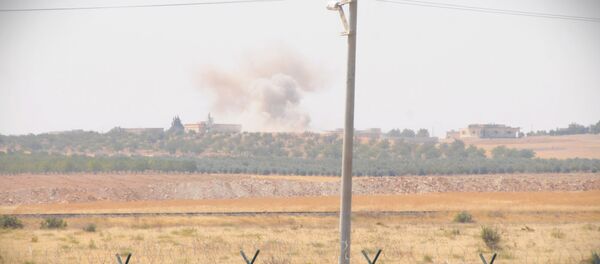The offensive, dubbed Operation Euphrates Shield, comes at a time when Turkey and Russia enjoy what the expert described as a "honeymoon period."
Relations between the two countries had gone into a deep freeze after the Turkish Air Force shot down a Russian bomber in northern Syria on November 24, 2015. They were restored earlier this year after the Turkish leader apologized to Russian President Vladimir Putin for the Su-24 incident.

In addition, Ankara and Tehran apparently share an understanding that "both sides will try to prevent the Kurds from establishing a state," the expert noted.
Turkish public opinion is likely on Erdogan's side. "The Turks have been outraged by recent terrorist acts. So they can be easily convinced that an anti-Daesh operation is really needed right now," Melamedov added.
Furthermore, "Turkey's relations with the United States have been improving; after all the US needs the Incirlik airbase," the analyst noted.
Melamedov also said that "Turkey seems to be genuinely determined to tackle Daesh. This card has already been played. Clearly Daesh will be destroyed, if not in six months, then in twelve."
Turkish MP Metin Külünk of the ruling Justice and Development Party (AKP) told Sputnik that Daesh activities and the US-led counterterrorism operation help the Kurds in Syria and across the region to gain more power. This is something that Ankara will try to stop.
"In the long run Daesh's activities in the region strengthen the Democratic Union Party (PYD). At first Daesh carries out an assault, prompting the US to conduct an operation against the jihadists. Washington then gives the territory freed from the militants to the Kurdistan Workers' Party (PKK) and the PYD. We will not accept and cave in to this scheme," he said.
On Wednesday, the Turkish military launched a massive operation across the border with Syria to free the town of Jarablus from Daesh. President Recep Tayyip Erdogan said that the offensive is also targeted against the Kurds.




